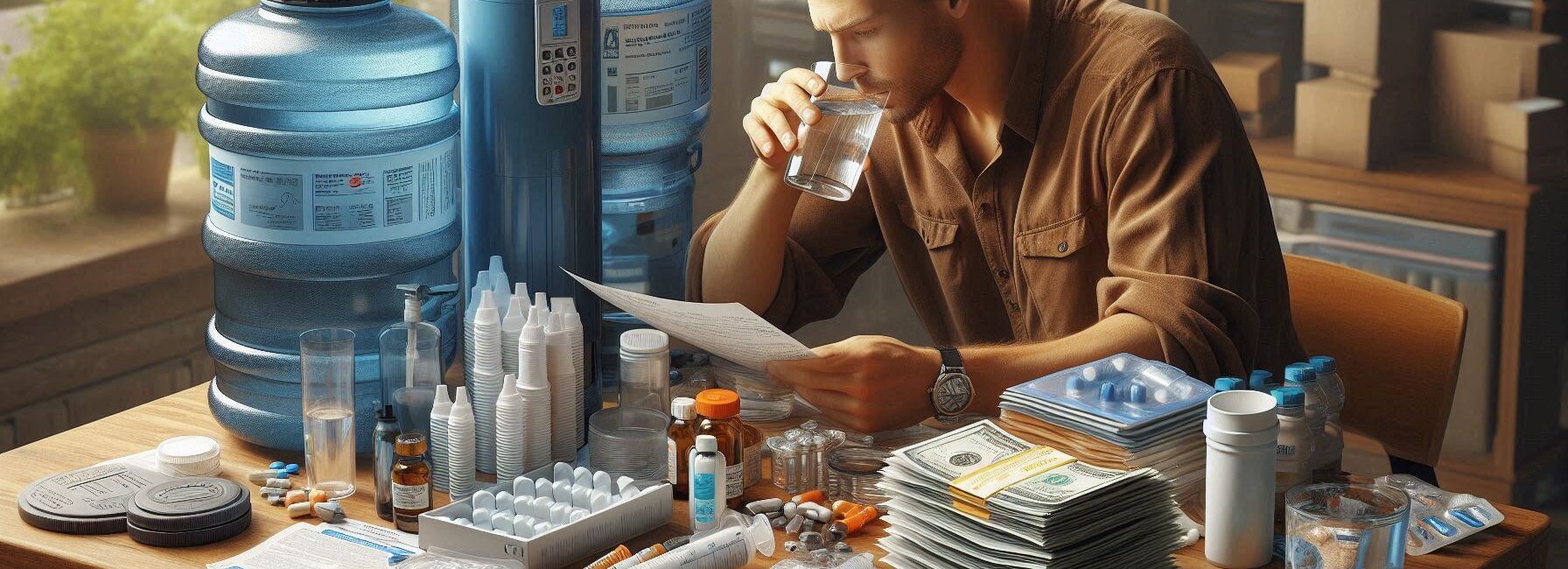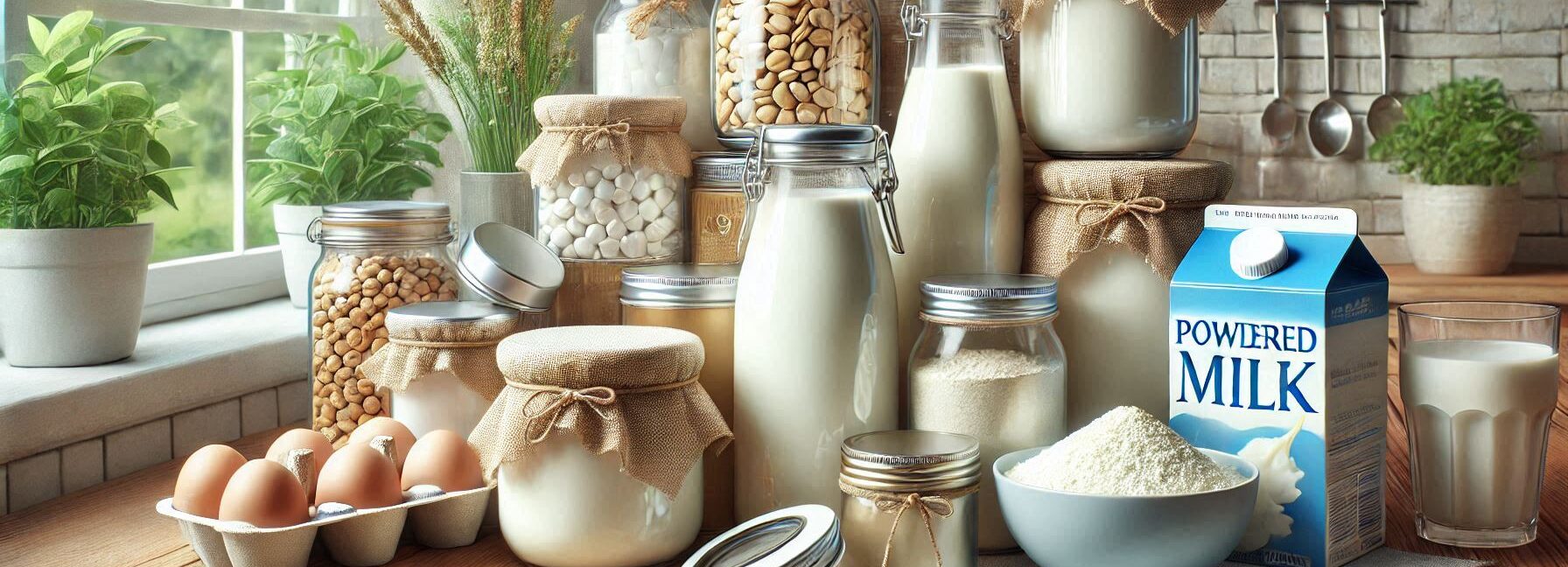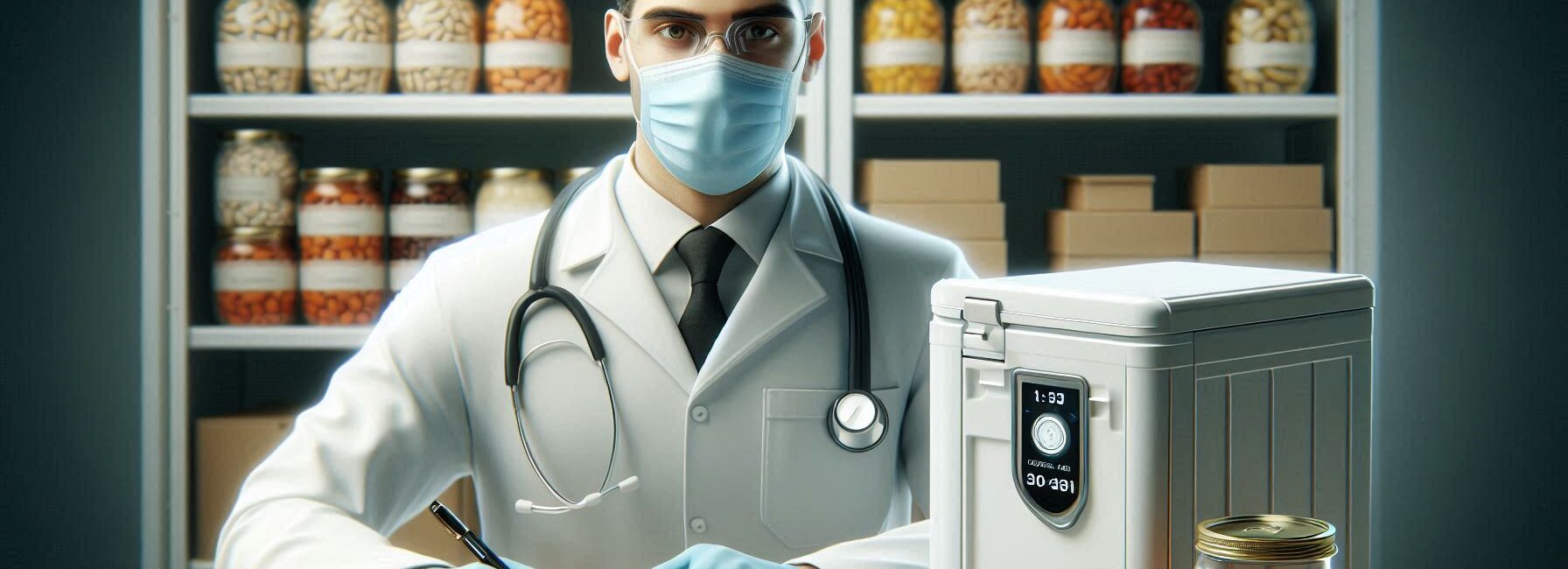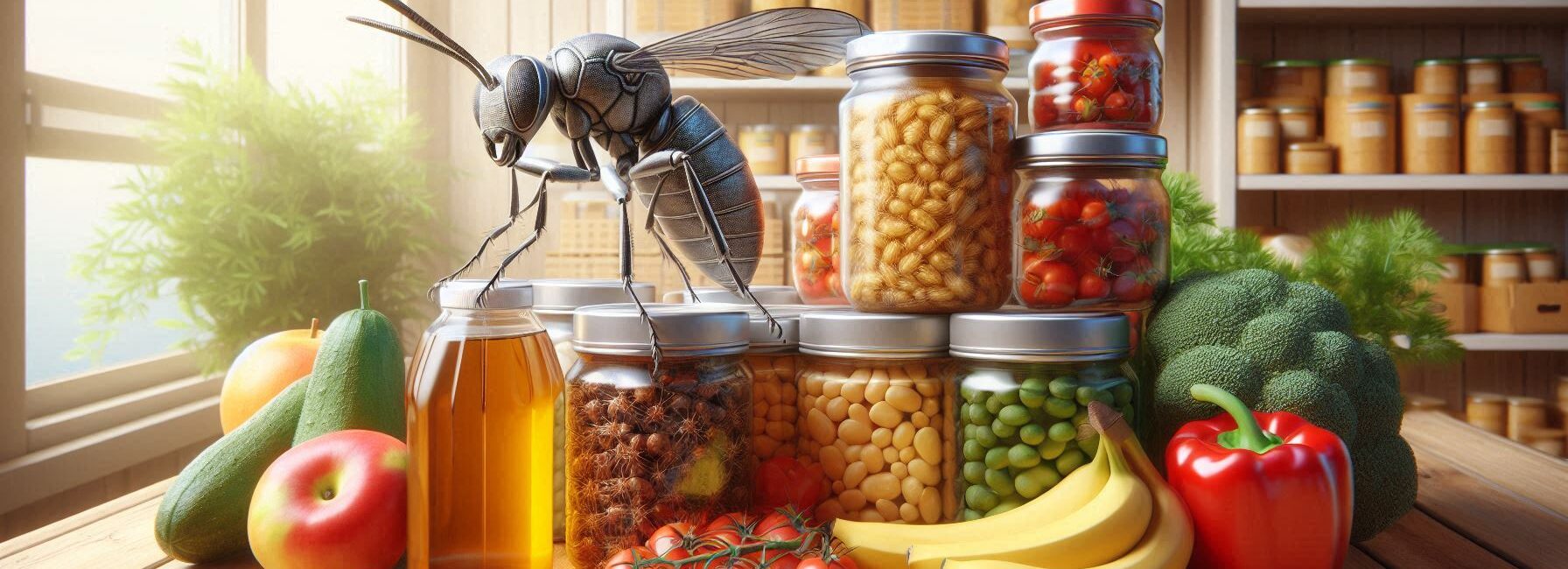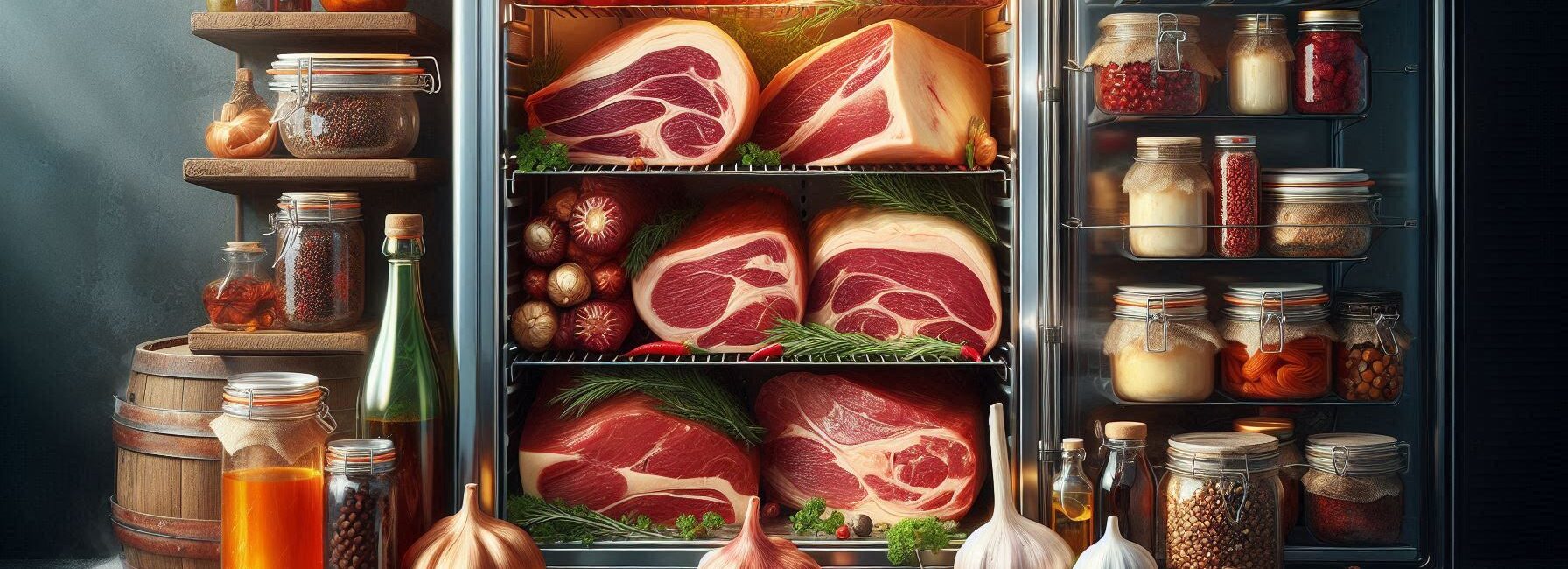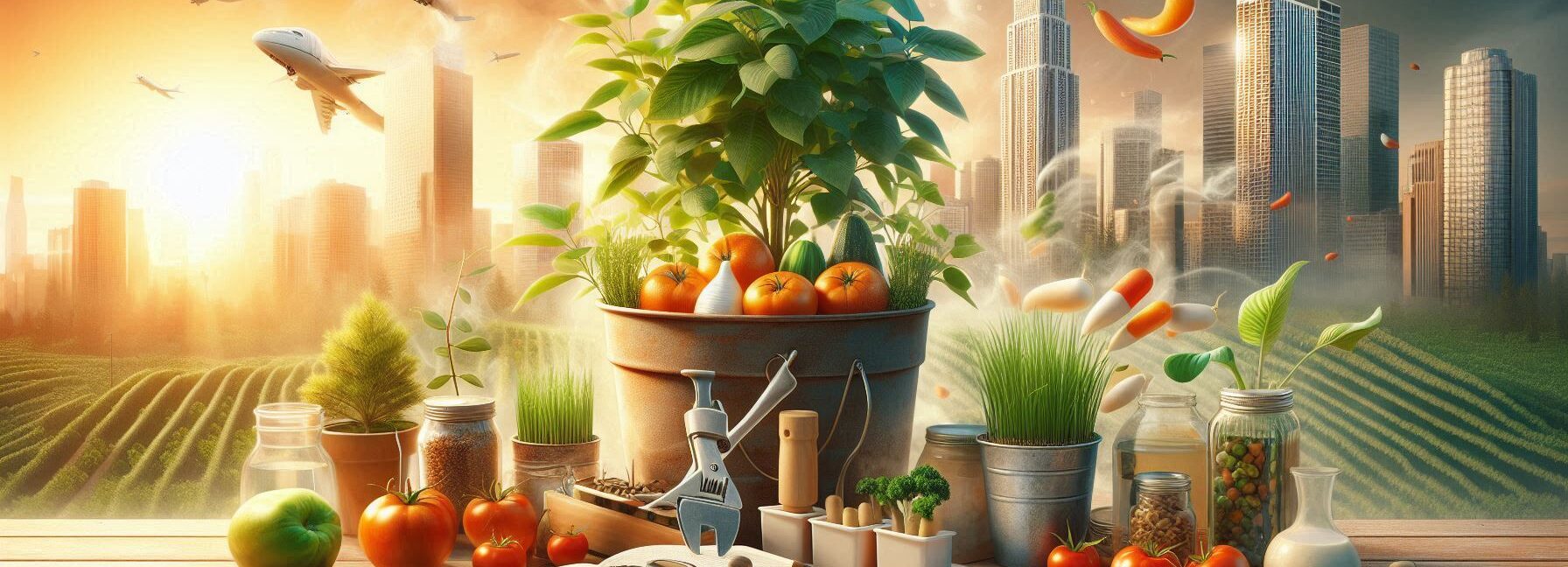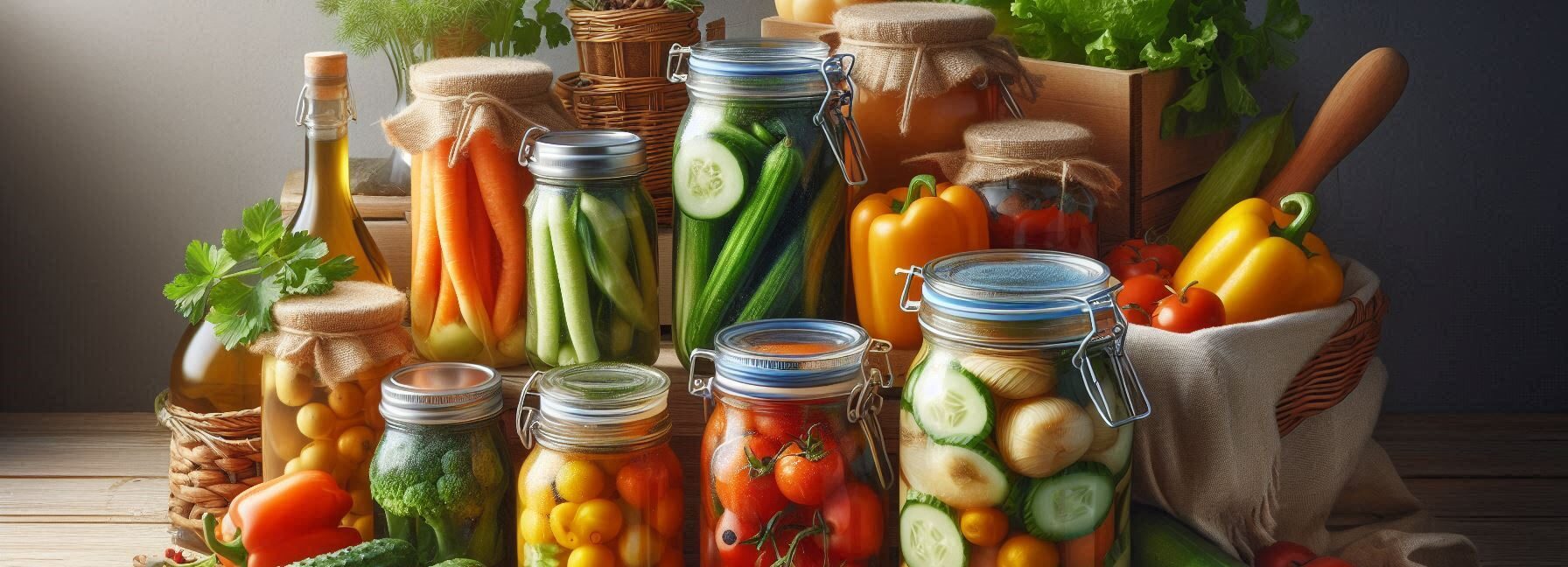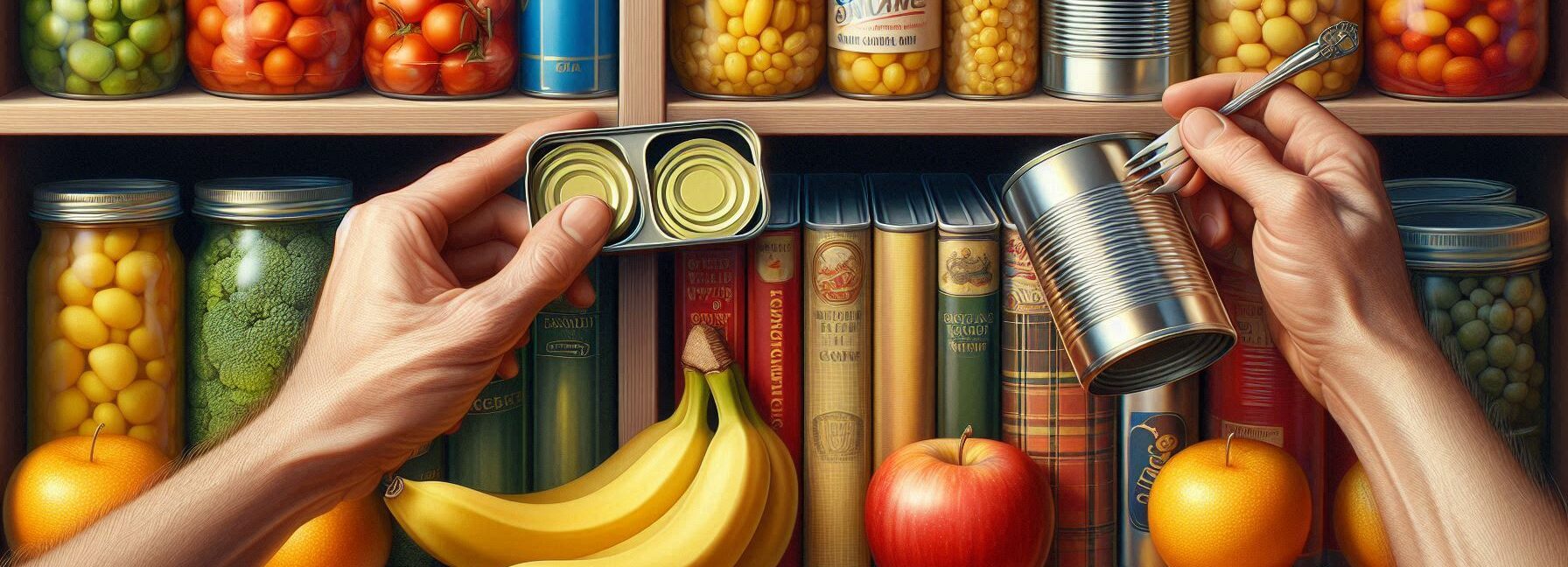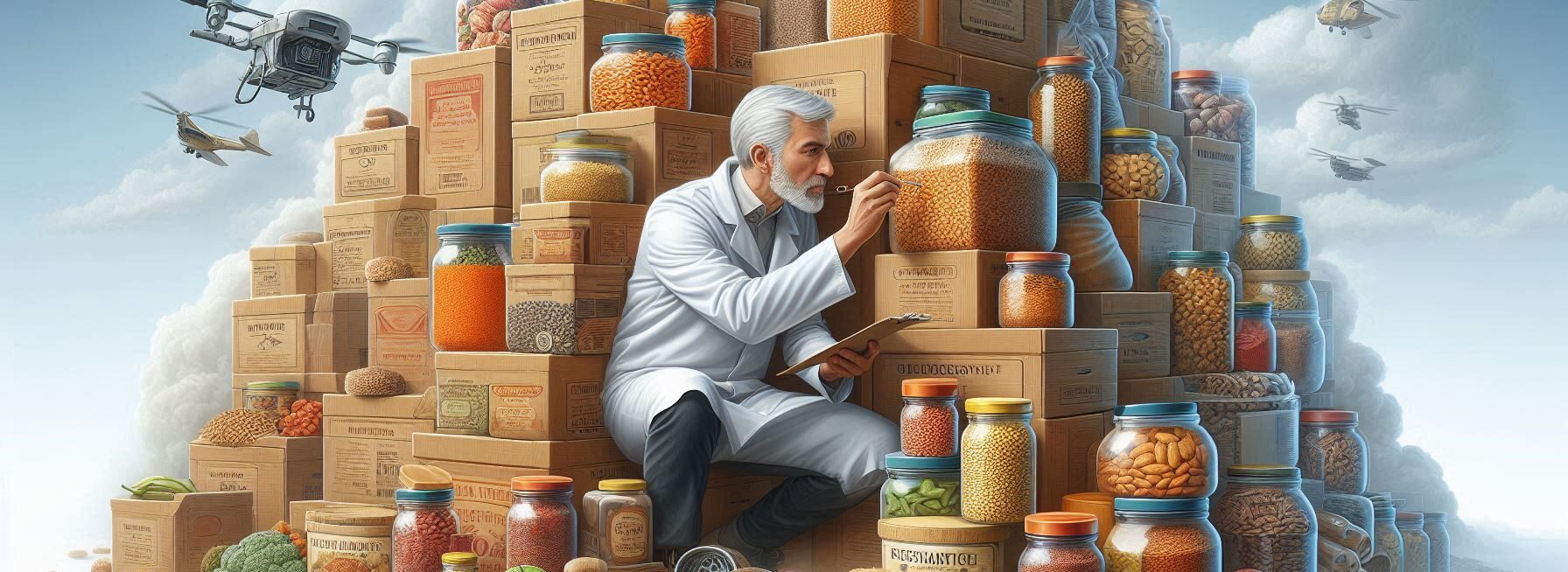Food and water storage should be at the top of your agenda when it comes to being ready for an emergency. What good is a survival plan if you can’t eat or drink? So, let’s go into this important subject with a little bit of fun and a lot of […]
Food and Water Storage
Top Takeaways and Key Concepts Match water filters and purification tablets to the threat: bacteria, protozoa, or viruses. Stock at least two reliable filter types and a generous supply of purification tablets. Store gear in an accessible location and include spare parts for filters and cartridges. Mark expiration dates and […]
Top Takeaways and Key Concepts Select Lean Meat: Choose cuts like eye of round or flank steak to minimize fat. Slice Thinly: Cut meat into ⅛ to ¼-inch strips against the grain for tenderness. Marinate Properly: Refrigerate marinated meat at 36–40°F (2–4°C) for at least 12 hours. Preheat Meat: Heat […]
Top Takeaways and Key Concepts Choose Nonfat Powdered Milk: Opt for nonfat dry milk for longer shelf life. Use Airtight Containers: Store in Mylar bags or #10 cans with oxygen absorbers. Keep in Cool, Dark Place: Maintain storage temperature below 75°F (24°C) to prevent spoilage. Refrigerate or Freeze After Opening: […]
Top Takeaways and Key Concepts Store in Cool, Dry, Dark Areas: Avoid heat, humidity, and sunlight to prevent spoilage. Use Airtight Containers: Protect food from pests and moisture. Label and Rotate Stock: Use FIFO (First In, First Out) method for freshness. Keep Away from Chemicals: Store food separately from cleaning […]
Top Takeaways and Key Concepts Here are the top 5 actionable takeaways for protecting your food storage from pests and spoilage: Use Airtight, Pest-Proof Containers: Store food in sealed Mylar bags with oxygen absorbers. Freeze Dry Goods Before Storage: Freeze flour and grains for at least 72 hours to kill […]
Top Takeaways and Key Concepts Freeze meat tightly wrapped to prevent freezer burn and label each package. Portion meat before storage for single-meal convenience and easier thawing. Pressure-can cooked meat in sterilized jars, leaving headspace for expansion. Dehydrate lean meat strips evenly spaced, marinated, and cooked to proper dryness. Store […]
Top Takeaways and Key Concepts Choose hardy, easy-to-grow plants like potatoes, beans, carrots, and herbs. Prepare soil by clearing debris, adding compost, and moistening before planting. Water deeply but infrequently, checking soil moisture an inch below surface. Harvest crops at peak ripeness using clean tools to prevent contamination. Preserve surplus […]
Top Takeaways and Key Concepts Always prioritize water safety by purifying it before drinking in the wild. Boil water for at least one minute (three minutes at high altitudes) to kill pathogens. Use natural filtration with layers of charcoal, sand, and gravel to remove debris. Employ solar disinfection by placing […]
Top Takeaways and Key Concepts Can vegetables by washing, chopping, and sealing in jars for long-term storage. Freeze fruits and vegetables after washing, slicing, and spreading on baking sheets. Blanch vegetables briefly in boiling water before freezing to preserve color and flavor. Label all jars and freezer bags with contents […]
Top Takeaways and Key Concepts Store canned goods in a cool, dry, dark place between 50°F–70°F. Check cans regularly for rust, bulging lids, or expired dates. Organize cans by type and expiration date using “first in, first out.” Stack heavier cans on lower shelves and leave space for ventilation. Refrigerate […]
Top Takeaways and Key Concepts Stock a variety of freeze-dried and dehydrated foods you actually enjoy eating. Understand freeze-drying preserves nutrients better, while dehydration uses heat and loses some. Store foods in airtight containers in a cool, dark place away from sunlight. Build your stockpile gradually, adding a few items […]



